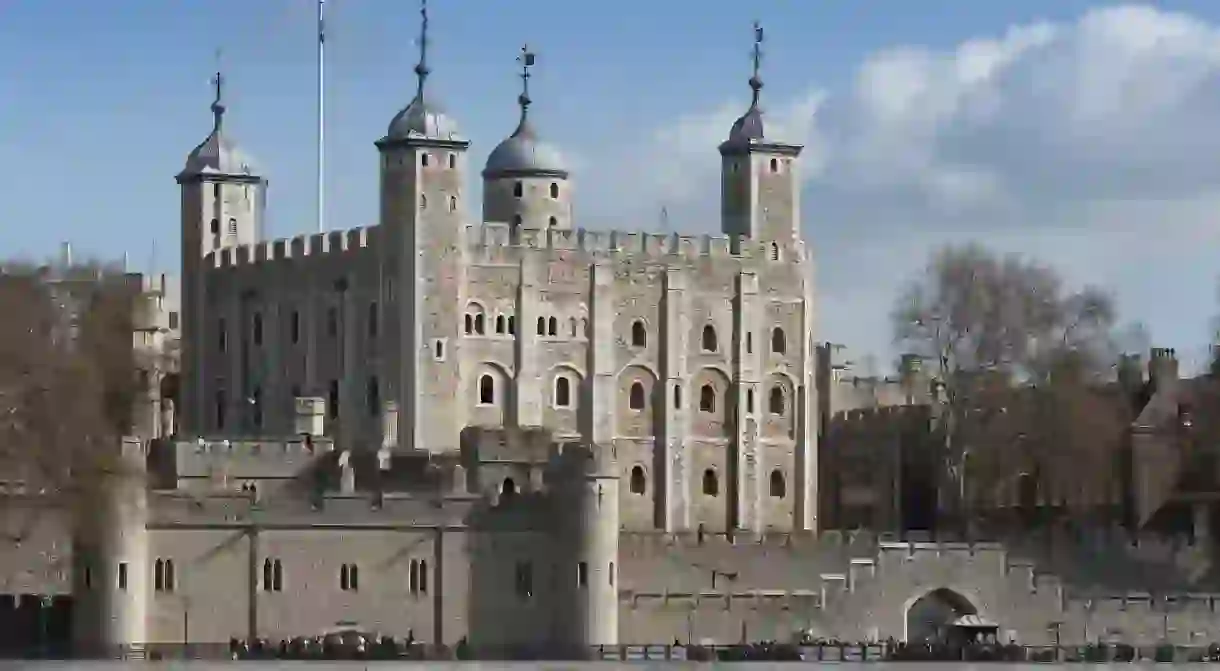Unesco World Heritage Sites You Can Visit Without Leaving the UK

More than 1,000 places have been deemed Unesco World Heritage sites – the Taj Mahal in India and Machu Picchu in Peru are among the most famous. But did you know that the UK is home to 32? Culture Trip rounds up the best of these: six must-visit Unesco sites across England, Scotland, Wales and Northern Ireland.
Stonehenge, England
Scientists have recently discovered that Stonehenge – Salisbury’s ring of prehistoric lintels that make up Europe’s best-known prehistoric monument – probably came from a patch of woodland just south of the village of Lockeridge, Wiltshire. While much about its backstory remains a mystery, archaeologists do know that its stones, weighing around 25 tonnes, have sat at their current site since 3000 BC. Each June, people travel here from across the globe to celebrate the summer solstice, but Stonehenge also sees plenty of visitors all year long.

Harlech Castle, Wales
Today, £8,190 won’t get you very far on the property ladder – but this wasn’t the case in 1282. Harlech Castle in Gwynedd, Wales, was constructed by Edward I for no more than this sum during his invasion of Wales. It’s fair to say that in modern fiscal terms, this was a bit of a steal. Book in advance to check out this medieval fortification and enjoy its views overlooking the sea.
Tower of London, England
London’s namesake tower, which was founded in 1066 and built in part by William the Conqueror in 1078, is where you can see the Crown Jewels, tournament armour that belonged to Henry VIII, and at least six captive ravens. Over the years, it has been a multipurpose site, serving as a royal palace, a prison and place of execution, and a private zoo. Today, it is one of the city’s most popular tourist attractions; be sure to book your ticket in advance.
The Giant’s Causeway, Northern Ireland
In 1986, when the UK joined the Unesco scheme, the Giant’s Causeway was the very first World Heritage Site in Northern Ireland to populate its list. Featuring about 40,000 basalt columns, the Causeway is a product of an ancient volcanic eruption around 50 to 60 million years ago. To visit, book your ticket before 3pm the day prior.

Edinburgh Old Town, Scotland
Edinburgh’s entire Old Town, which was founded in the 12th century by King David I, was inscribed on Unesco’s World Heritage site list in 1995. It’s fabled for its centuries-old buildings, namesake castle (which sits on an extinct volcano and is home to Scotland’s crown jewels) and traditional pubs, where you can sample local Scotch whisky.

Bath, England
Much like Edinburgh’s Old Town, the entire city of Bath, which is Somerset’s largest city, is protected by Unesco. It was added to the list in 1987 as a cultural site for its Roman remains, such as the thermal baths that the city is named after. While you can’t swim in these hot springs today, you can certainly visit them to learn more about their history.













